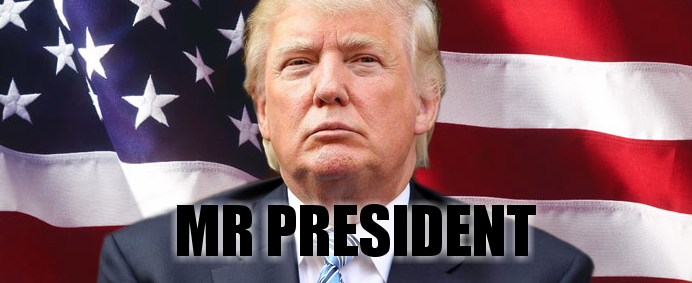

current position:Information and data>International Trade in the Trump Era

Donald Trump’s victory in the 2016 Presidential election put the Republican Party in charge of the White House and Congress for the first time in a decade. President-elect Trump ran as an anti-establishment candidate who departed from many traditional Republican positions and promised bold and in some respects controversial reforms. How his administration will govern and the extent to which its policies will be supported in Congress are key questions facing companies and investors.
This report comments on the aspect of international trade which is currently at the forefront of discussion.
TPP. Both Presidential candidates announced that they were opposed to the Trans-Pacific Partnership (TPP), which has already been signed by 12 nations, including the United States, but not yet submitted to Congress for approval. For some time, there appeared to be a possibility that President Obama would submit the TPP for approval by Congress after the election and before the new President takes office, but the current political climate has foreclosed this option as a possibility. The United States already has free trade agreements (FTAs) with most of the TPP member countries (including Australia, Canada, Mexico, Peru, Chile, Brunei and Singapore), and the TPP would add Japan, New Zealand, Malaysia and Vietnam to the free trade relationships of the United States, while updating prior FTA obligations and adding new ones. Whether or not the Trump Administration will abandon the TPP entirely or seek to “improve” it cannot be predicted at this time.
NAFTA. President-elect Trump has stated he will seek to reopen and renegotiate existing trade agreements, especially NAFTA. However, he has not provided details of what would be changed, or how such amendments would differ from the changes already negotiated by the United States with the NAFTA countries and other current free trade partners as part of the TPP.
China and Trade Remedies. The President-elect has also stated he will pursue measures to protect U.S. industries from trade with countries such as China. It is unclear how this would differ from the current U.S. policies under which domestic industries have obtained many antidumping orders against Chinese imports and the U.S. government has been pursuing international trade disputes against China in the WTO.
TTIP. The United States also has been engaged in negotiating an FTA with the European Union (known as “TTIP”), and it appears that those negotiations will be suspended for the time being.
resources:lexology
Hot information

